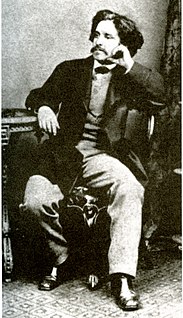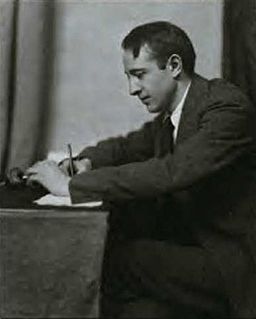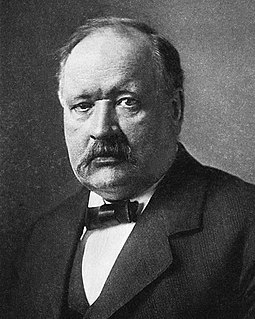A Quote by Paul Lafargue
The philosophers of antiquity taught contempt for work, that degradation of the free man, the poets sang of idleness, that gift from the Gods.
Related Quotes
The contempt of riches in philosophers was only a hidden desire to avenge their merit upon the injustice of fortune, by despising the very goods of which fortune had deprived them; it was a secret to guard themselves against the degradation of poverty, it was a back way by which to arrive at that distinction which they could not gain by riches.
At first sight nothing seems more obvious than that everything has a beginning and an end, and that everything can be subdivided into smaller parts. Nevertheless, for entirely speculative reasons the philosophers of Antiquity, especially the Stoics, concluded this concept to be quite unnecessary. The prodigious development of physics has now reached the same conclusion as those philosophers, Empedocles and Democritus in particular, who lived around 500 B.C.E. and for whom even ancient man had a lively admiration.
My parents gave me the gift of irreligion, of growing up without bothering to ask people what gods they held dear, assuming that in fact, like my parents, they weren't interested in gods, and that this uninterest was 'normal.' You may argue that the gift was a poisoned chalice, but even if so, that's a cup from which I'd happily drink again.

































